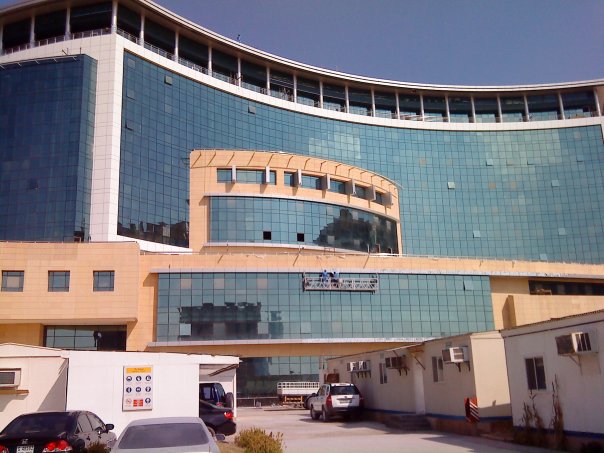Dubai’s Roads and Transport Authority (RTA) has outlined its new roadmap to build smart transport infrastructure over the next four years, which will see the implementation of 34 projects, ranging from autonomous drones, self-driving buses, and taxis to smart lighting project and expansion of pedestrian crossings.
Unveiling the four-year strategy, Mattar Al Tayer, the director general and chairman of the board of executive directors of RTA, said this will accelerate the city’s efforts in adopting autonomous technologies in the transport sector.
“The first is the sustainable smart transport, which focuses on the implementation of the Dubai Integrated Mobility Platform. The second is the Monitor Project, which monitors the condition of bus drivers during driving to spot any negative driving attitudes. The third is the digital bus timetable project and instant passengers information project and the fourth is the congestion management inside the Metro stations and coaches,” he explained.
The smart transition aspect, he stated, comprises the construction of the Open Data project with Dubai Data Establishment (DDE), upgrading drivers and vehicles app (Dubai Drive), and loyalty points scheme for users of public transport & services, in addition to five smart projects of NOL card.
According to Al Tayer, the infrastructure of smart roads and traffic management aspect covers the implementation of second phase of the Smart Lighting project; Smart Parking Phase II; the Smart Pedestrian Crossing project; Pedestrian Smart Road Shopping; and the roadway monitoring mobile cameras in major traffic diversions.
On its smart roads project, RTA said it is aimed at providing smart traffic environment for road users and customers, and upgrade and streamline services.
“To realise this objective, RTA has undertaken dozens of projects and initiatives including Phase I of Smart Parking Project at Rigga and Sheikh Zayed Road, which offers a new smart service that provides information about the number of vacant parking slots using the smart app besides displaying them on electronic signs on streets,” remarked Hussein Al Banna, the executive director of Traffic at RTA.
It reduces the traffic congestion caused by the search for the parking slots, as customers will be aware of the parking occupancy in advance, he noted.
On the Smart Roads Lighting Systems Project, Al Banna said it has covered more than 200 lampposts on Dubai Water Canal Bridge in Sheikh Zayed Road. The system provides remote monitoring of streetlights, with a Wi-Fi service enabled.
“The Smart Pedestrian Signal Initiative can promptly estimate the time allocated for pedestrians, where these systems adjust the timing of the traffic signal automatically based on pedestrians movement of sidewalks (before and during crossing), thanks to the signal installed on the footpath and on the asphalt,” stated Al Banna.
The Smart Pedestrian Signal was tentatively installed in Al Saada Street, and will later be expanded to 15 sites with specific standards ensuring the required service, he stated.
Al Tayer said the launch of this 2021 strategy is part of the global future trends that show the world is bracing for a fourth industrial revolution focused on technological intelligence and robots.
“The strategy is undertaken in implementation of the directives of the UAE government for shaping the future and realizing the national agenda, X10 initiative and RTAs excellence drive,” he added.

